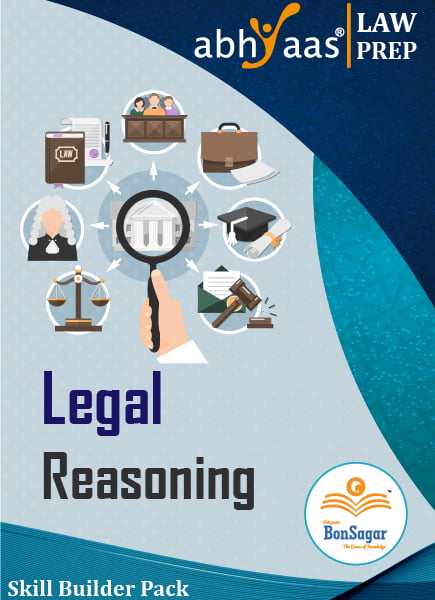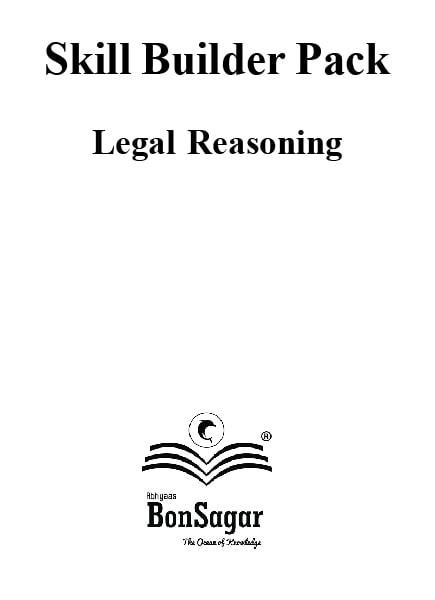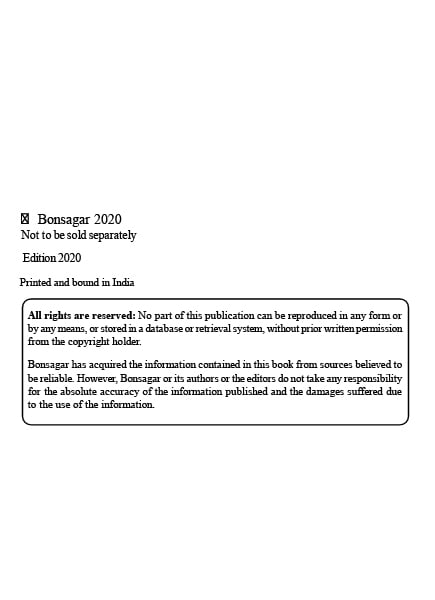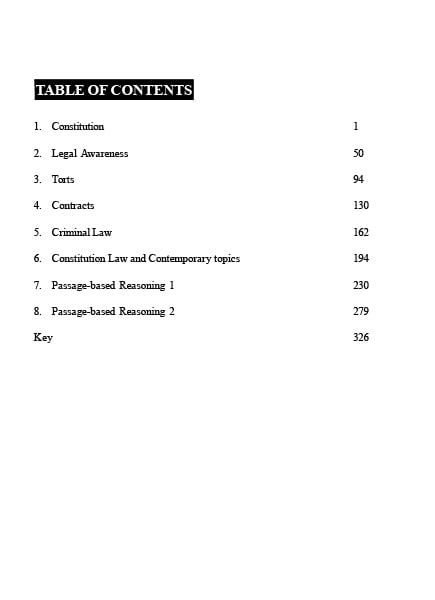The Most Effective SOP Format For MS – Writing Advice
It is clear that graduate school is not for everyone since it is stressful, competitive, and intensive. One of the important papers used to separate the achievers from the slackers is the Statement of Purpose, which is effectively an essay attesting to your academic knowledge and abilities. As such, it is critical to receiving that coveted offer letter. Basically, individuals that are intellectually sound, academically demanding, and passionate about their chosen field are what university admission committees are looking for. In light of this, your SOP should highlight not just your prior successes but also your long-term objectives and aspirations, demonstrating that you are in it for the long haul. We have made an effort to illustrate how a SOP should be prepared in order to assist you get accepted to the institution of your choice using a SOP format.
Consider the SOP as a quick personal interview; it needs to be thorough and persuade the reader that you are up to the difficulties of graduate school. In actuality, this is the way Carnegie Mellon University demands the SOP for the Department of Computer Science to be.
A statement of purpose (SOP) is what, exactly?
A student applying to a graduate programme at a foreign institution must submit a statement of intent in order to be considered for admission to the programme. It may be the finest approach to persuasively communicate your objectives and accomplishments to admissions officers and discipline-specific faculty members.
What are the elements for a successful SOP?
The structure used while creating the Statement frequently makes all the difference between a well-written, thorough SOP and one that is simply a copy-paste of other SOP templates. Many candidates become intimidated by the SOP and wind up rambling over unimportant topics and omitting certain important elements.
The easiest approach to avoid falling into this trap is to write your SOP using a tried-and-true procedure. By doing this, you’ll be able to speak succinctly and effectively on one subject at a time, such as academic accomplishments.
SOP Format and Guidelines
Introductory paragraph
One thing all great books and stories have in common is a catchy beginning sentence. Similarly,
Your SOP’s first sentence must be compelling and draw readers in. Before you discuss the occasion or person that motivated you to follow your discipline, it’s a good idea to start with a quotation that relates to your goals and vision. This gives you the chance to demonstrate that your choice of discipline is not random but rather is based on something more significant.
The student may make a strong argument for his intention to change that narrative, for which his studies at that university will be vital, by strongly highlighting the formerly (bad) application of science in this paragraph. Here, the student should demonstrate his/her desire while also justifying why he/she chose an odd undergraduate major.
1st Body Paragraph: Academic Successes
Your accomplishments in the lab and in the classroom must be outlined in the paragraph before the introduction. Every assertion you make in your SOP should be supported; instead of just writing, “I excelled in ABC subject,” think, “My enthusiasm for ABC subject showed in me being the leading student in it during my third semester.
This demonstrates a solid theoretical understanding of the topic in addition to the abilities picked up over the assignment.
Body paragraph 2: Extracurricular Activities
Describe your extracurricular interests and successes in this essay, including any honors and prizes you may have received in the fields of music, art, or athletics. This not only shows that you are a well-rounded person but also allows you a chance to demonstrate your “soft talents,” which may include qualities like persistence, leadership, teamwork, and devotion.
The student must be able to explain his or her outstanding breadth of extracurricular activities in a succinct yet painstakingly documented paragraph, along with how those experiences have given him or her priceless talents that are otherwise not taught in the classroom. This sentence must also include information on training programmes, research experiences, volunteer work, internships, and any related skills.
Body Paragraph 3: Aspirations and goals
You should discuss your future plans now that the SOP is almost over and how your selected programme and university may support you in achieving them. Perhaps your ideal institution is home to renowned professors and researchers that you would like to collaborate with, or perhaps it offers state-of-the-art facilities that might support your own study. Mentioning them demonstrates your seriousness about your future as well as the fact that you did thorough study before applying.
This short but effective paragraph efficiently mixes the aspirant’s future aspirations and goals with how the people and resources at his selected university may help him realize them. This is a fantastic method to demonstrate that you have goals and objectives beyond simply attending graduate school.
This paragraph should be concluded with a more comprehensive discussion of your long-term objectives because they are comparatively short-term aims.
Reiterating your qualifications for graduate school as a conclusion
Your last paragraph ought to leave the same lasting impression as your introduction. Discussing how you will benefit the institution and contribute to continuing the heritage via your activities is a terrific method to do this. You might also mention how enthusiastic you are to attend the chosen university and how you plan to utilize the resources provided by it
The SOP structure mentioned above is the best one to use when writing the Statement of Purpose. There is no need for you to write in SOP format. Maintaining this all-encompassing method for writing the SOP would be appropriate.
What are some typical criteria used to assess SOPs?
Now that we know what a good SOP should contain, let’s consider the standards that we think admissions officers would use to assess the caliber of your SOP.
Content:
Since the individuals who are reading your SOP are experts in their subjects, it is wise to discuss your study and specialized work in that topic with vigor because it will undoubtedly leave a positive impression on them. However, it shouldn’t be overstuffed with jargon; just use it when absolutely necessary. In contrast to your resume, which is factual and mechanical, your SOP will have more narrative and should not simply be a restatement of your resume.
We can see how the SOP might make your application stand out by using the example of a low GPA from the earlier discussion.
Whereas your CV could only note that you have a 6.0 GPA, your SOP can demonstrate how you have succeeded in other areas despite this, demonstrating that GPA is not everything.
Flow:
It must be easy to read and have a seamless transition from one paragraph to the next. This guarantees that your SOP will be easier to read and comprehend. Follow the previously described flow to keep your writing in chronological order.
While it is not necessary to describe your future study in detail, it is crucial to show how your previous research has informed your current work and how this will be extended to more studies in the future. You should at least describe how the task could evolve if you are unsure of how you will perform it. The last thing you need is for your study to sound as if it just happened. This method is a failsafe technique to demonstrate in your SOP your emotional and intellectual interest in your job, which must be well demonstrated.
Language:
Thinking that employing dense, flowery language is the only way to succeed in earning an offer letter is another serious error that students make. In actuality, the reverse is true. Such terminology will tire out the reader and give the impression that you are employing lofty rhetoric to cover up a weak academic background. Keep the wording clear and concise, and don’t forget to strictly abide by established grammar and syntax guidelines.
Knowledge:
Your SOP must illustrate your in-depth academic understanding and intellectual acuity. Mentioning any internships, research assistantships, or training workshops that would have assisted you in honing and perfecting your topic knowledge is an effective approach to do this. Remember that colleges are looking for students who have a solid understanding of their field; therefore, be sure to emphasize this.
Authenticity:
Last but not least, and this should go without saying, make sure you are truthful and do not contain anything that could be false or inaccurate. Do not forget that your referees and universities may cross-check everything and everything in your SOP, so keep an air of genuineness. Although a poor grade point average or a lackluster semester performance may be unpleasant, you can always demonstrate how you overcome them. By doing this, your readers will get the impression that you don’t wallow in failure and instead use it as a springboard for success in the future.




